Born in Bielefeld, Germany • Birth year 1972 · Studied Mathematics and Computer Science at University of Paderborn in Germany • Highest Degree Habilitation in Mathematics • Lives in Munich, Germany • Occupation Professor for Mathematical Foundations of Artificial Intelligence
I had never planned to become a professor of mathematics, and if someone had told me when I was young, I would have said: This is impossible. Due to my excitement for mathematics in school and the fact that my mother and my grandfather were both teachers, I first wanted to become a high school teacher myself. And this is how I then started my studies, choosing computer science as a minor. Although the change from high school mathematics to university mathematics was difficult and required a lot of hard work, I enjoyed my studies very much. I however could not get excited about didactics for high school teaching, hence I switched to diploma studies in mathematics. And since at the University of Paderborn, it was quite easy to pursue a diploma in computer science at the same time, I enrolled in this as well.
(…) In retrospect, this period trained me to follow my own path and be very independent.
In my last year, a professor working in abstract harmonic analysis approached me with an offer for a Ph.D. position. I was hesitant about whether this was the right career path for me. Eventually, I accepted the offer but quickly realized that not pure mathematics was my passion but applied mathematics. Hence, in agreement with my supervisor, I chose a more applied topic and got assigned a second supervisor in Munich. This arrangement was not optimal. However, in retrospect, this period trained me to follow my own path and be very independent.
One of the reviewers of my Ph.D. thesis then offered me a position as a Visiting Assistant Professor at the Georgia Institute of Technology. Since I was hesitant about what to do next, I embraced this opportunity, taking it as a chance to see whether I am good enough for continuing as a post-doc. My time as a Visiting Assistant Professor was again hard, since I had never taught a course before, and I now even needed to teach in English. But research-wise a whole new world opened to me; having now collaborators with similar interests as myself, namely the area of applied and computational harmonic analysis. I then spent another year in the US with a research fellowship at both Washington University in St. Louis and again at the Georgia Institute of Technology. It was a very productive time for me, leading to a Habilitation in Mathematics at the University of Giessen in Germany.
I overcame my shyness and approached [some professors in the US whose work I had always admired] for an invitation (…).
Due to the uncertainty of obtaining a professor position in Germany, I applied for a Heisenberg Fellowship from the German Research Foundation to visit some professors in the US, whose work I had always admired. I overcame my shyness and approached them for an invitation and eventually got the amazing chance to visit first Princeton University, then Stanford University, and finally, Yale University, learning about new research areas such as compressed sensing.
Returning to Germany, I started as a full professor at the University of Osnabrück. This was a very fulfilling experience, and I loved building up my own research group. However, it was a very small department, and finding good students was hard, and I soon started looking for other positions.
I was again lucky and was offered an Einstein Chair at the Technical University of Berlin. Soon after, the advent of deep learning started and affected my research area significantly. I decided to embrace this paradigm shift and delve research-wise into artificial intelligence. Looking back, this was one of the best decisions in my life.
For the first time, I am now not the only female professor in my department.
This might have also led to a personal offer from Ludwig-Maximilians-Universität München for a Bavarian AI Chair for Mathematical Foundations of Artificial Intelligence, which I was surprised and delighted to receive. Due to the excellent conditions for AI research in Munich and Bavaria, I accepted the offer and moved to Munich. For the first time, I am now not the only female professor in my department. In fact, I have several wonderful female colleagues, which is an entirely new experience for me.
In general, I learned in my career that one should be open to opportunities, as they often arise unexpectedly, and also not be shy to approach colleagues for advice and help. If you ask whether being a woman has impacted me in my career, I have to say that the first time I realized that one is treated differently was when I became a professor. As committee meetings increased, I learned the hard way that men do not behave better or worse, but just differently. Looking back, a course on gender-specific behaviors in professional environments, as it is, in fact, custom for higher positions in industry, would have helped significantly. On the other hand, I also had and still have several amazing male colleagues who support me tremendously, also with advice, and I am deeply grateful to them.

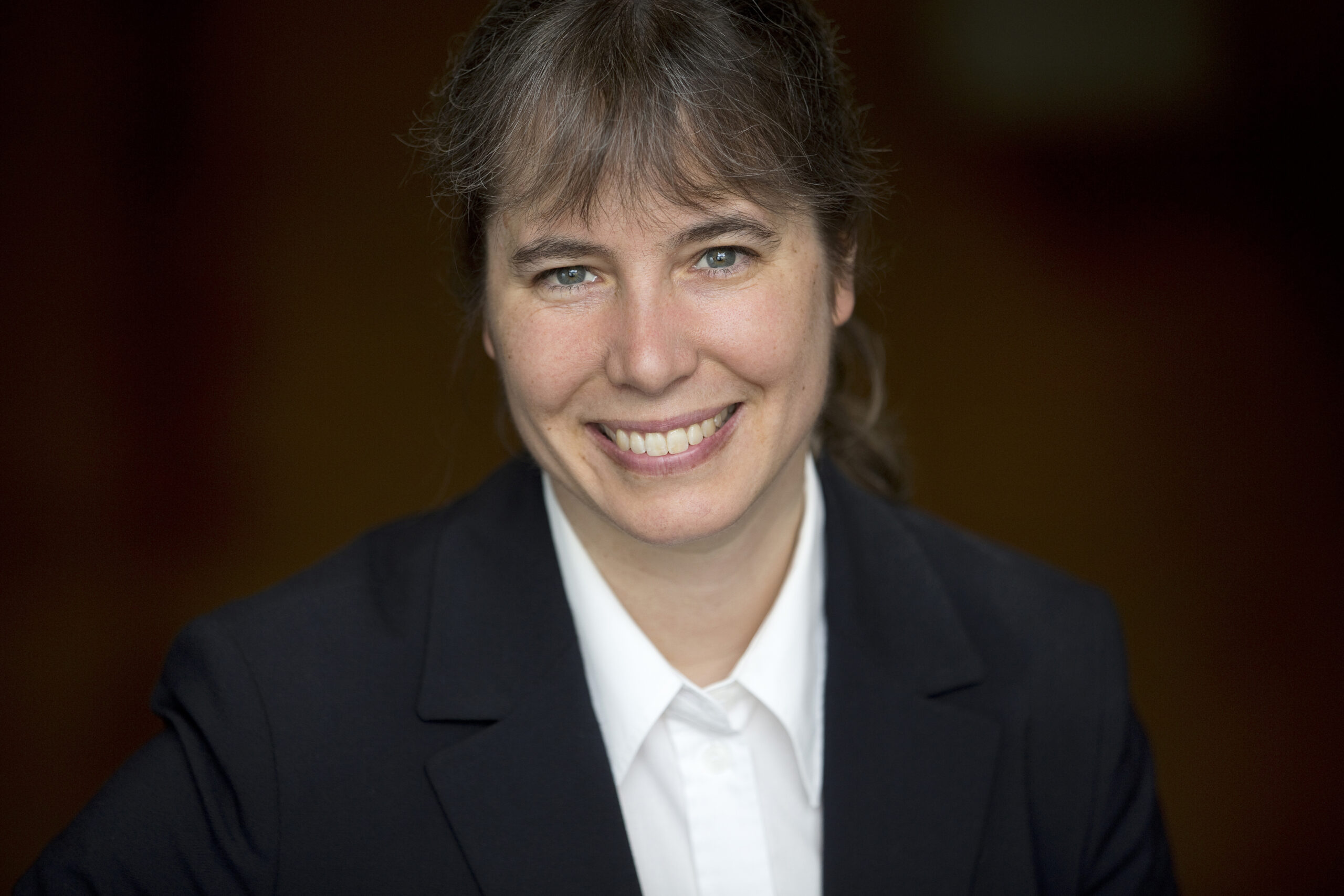

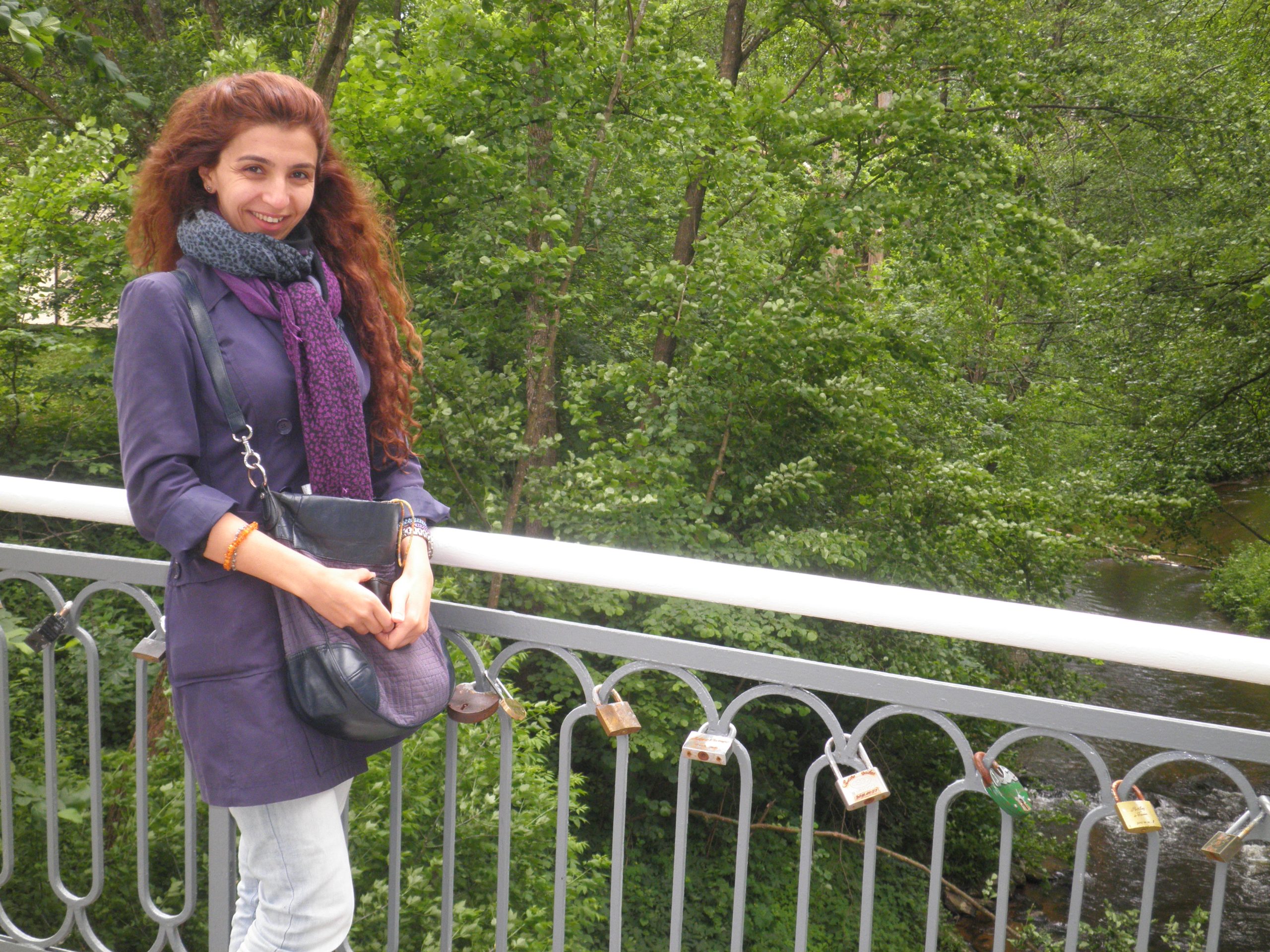
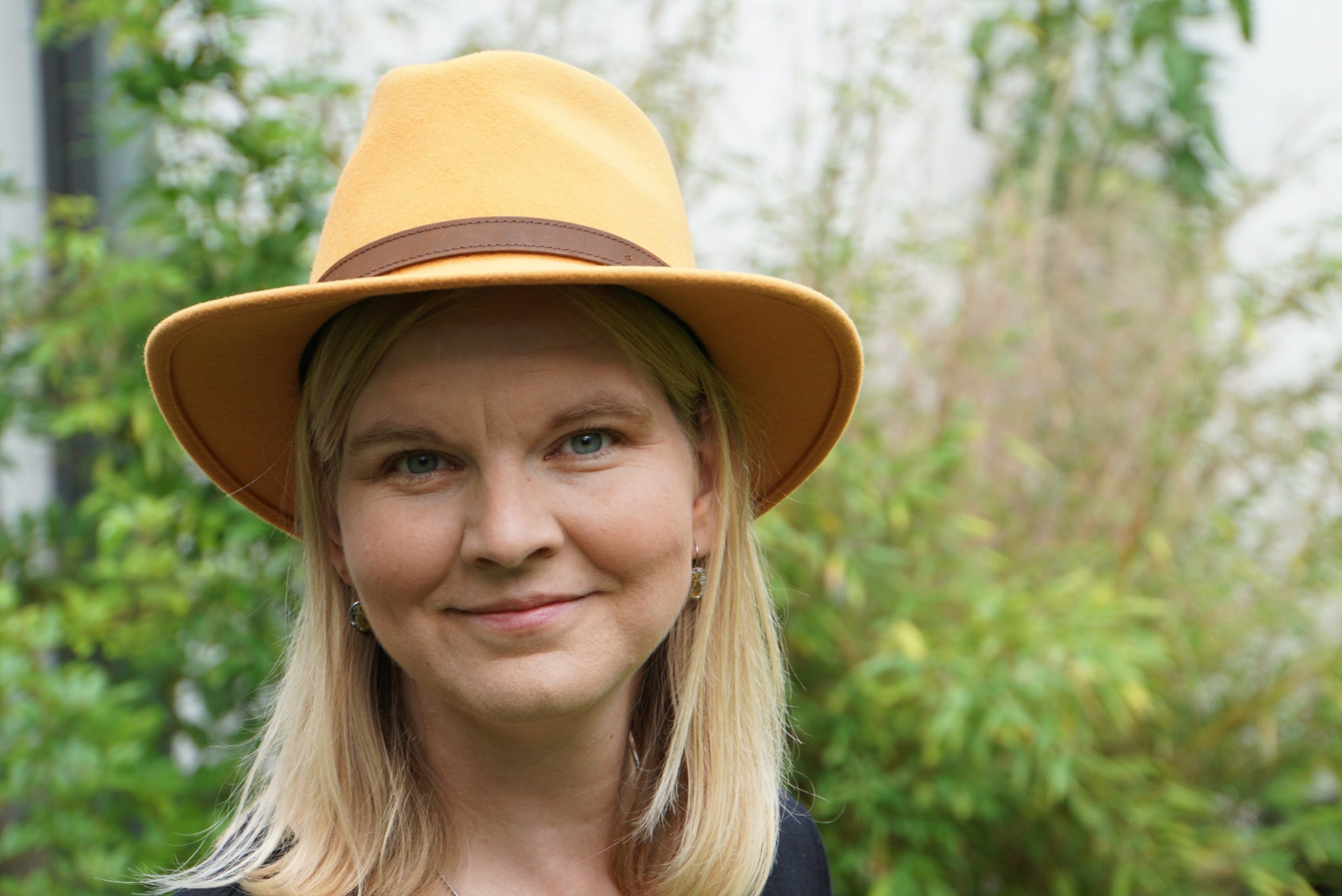
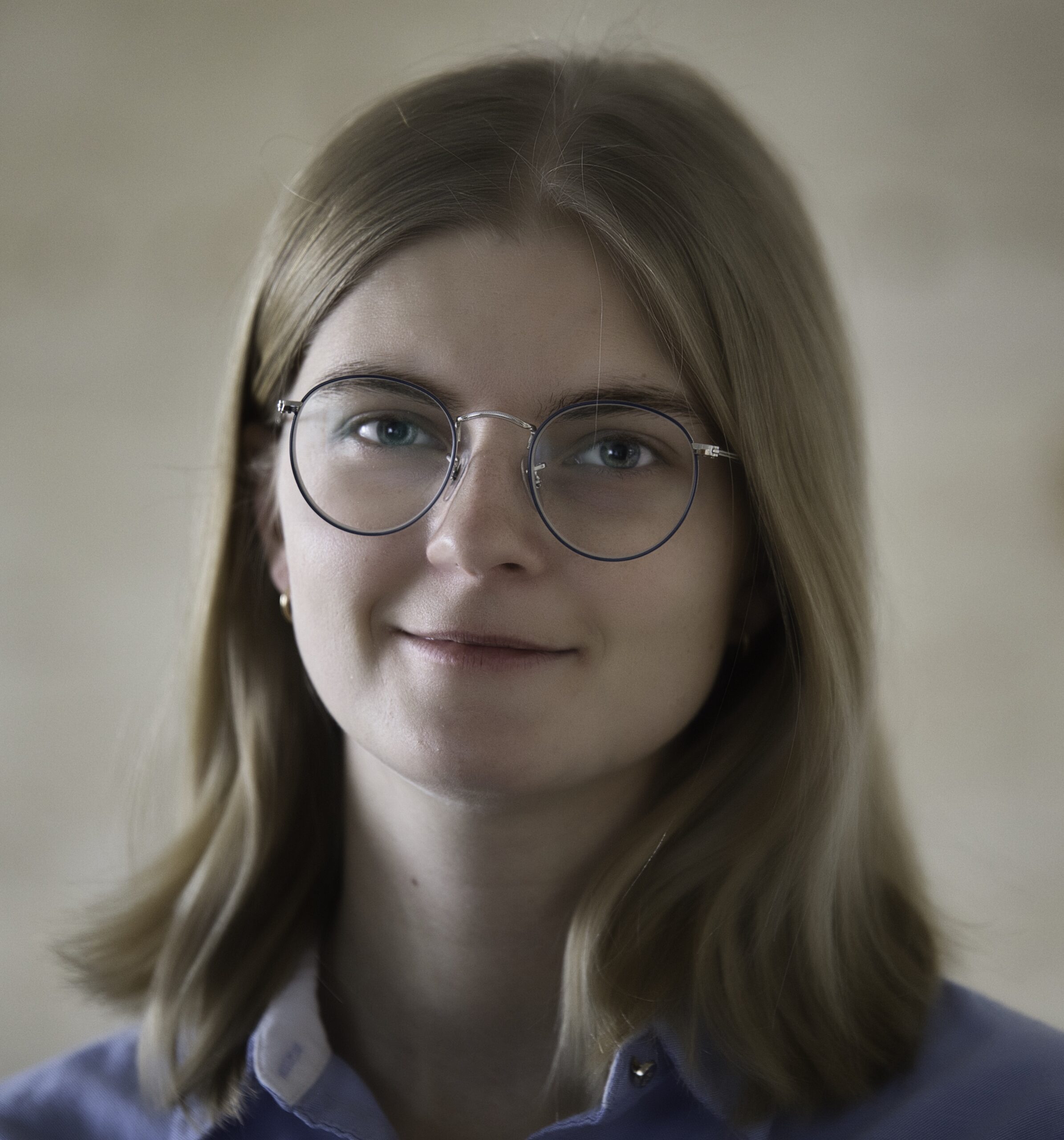
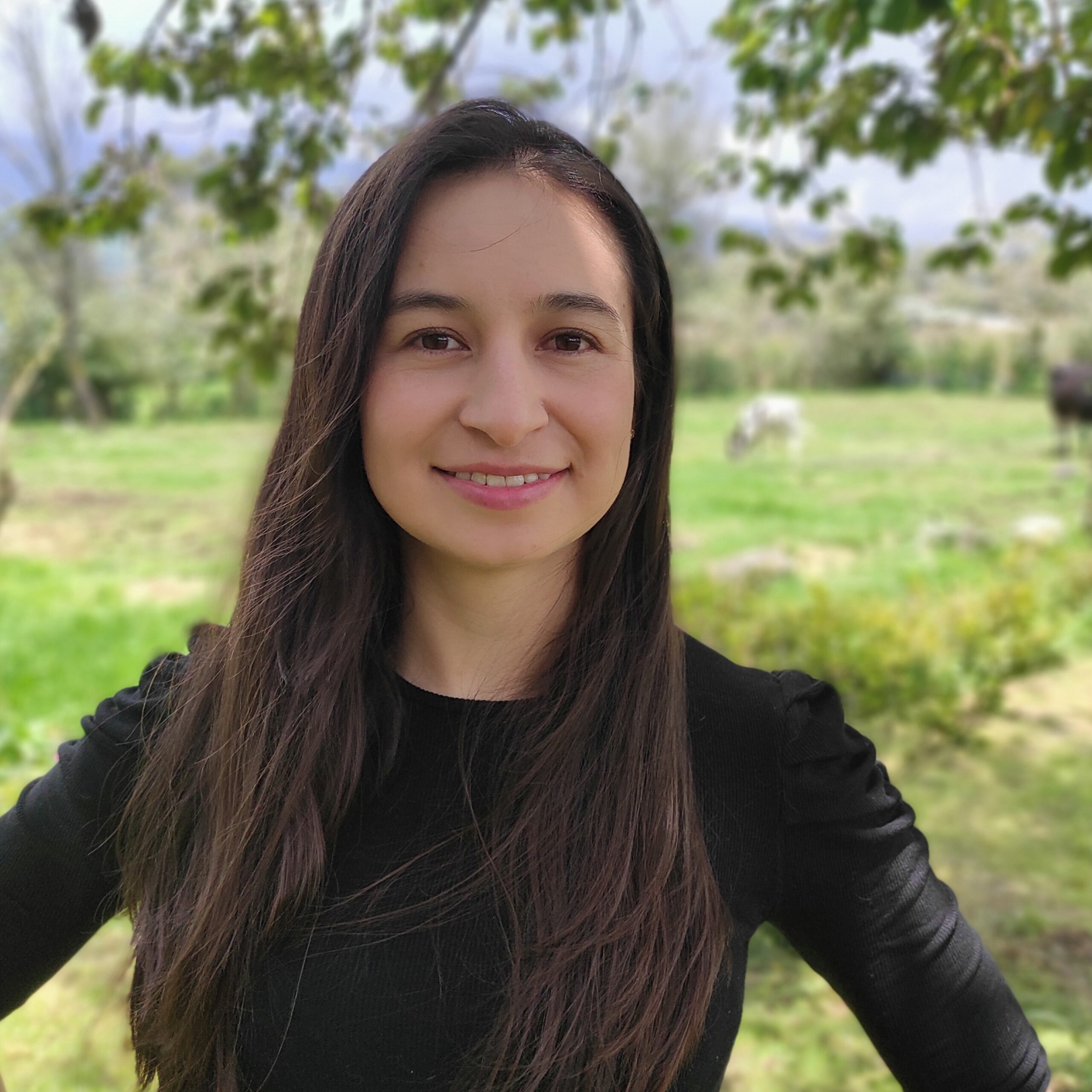
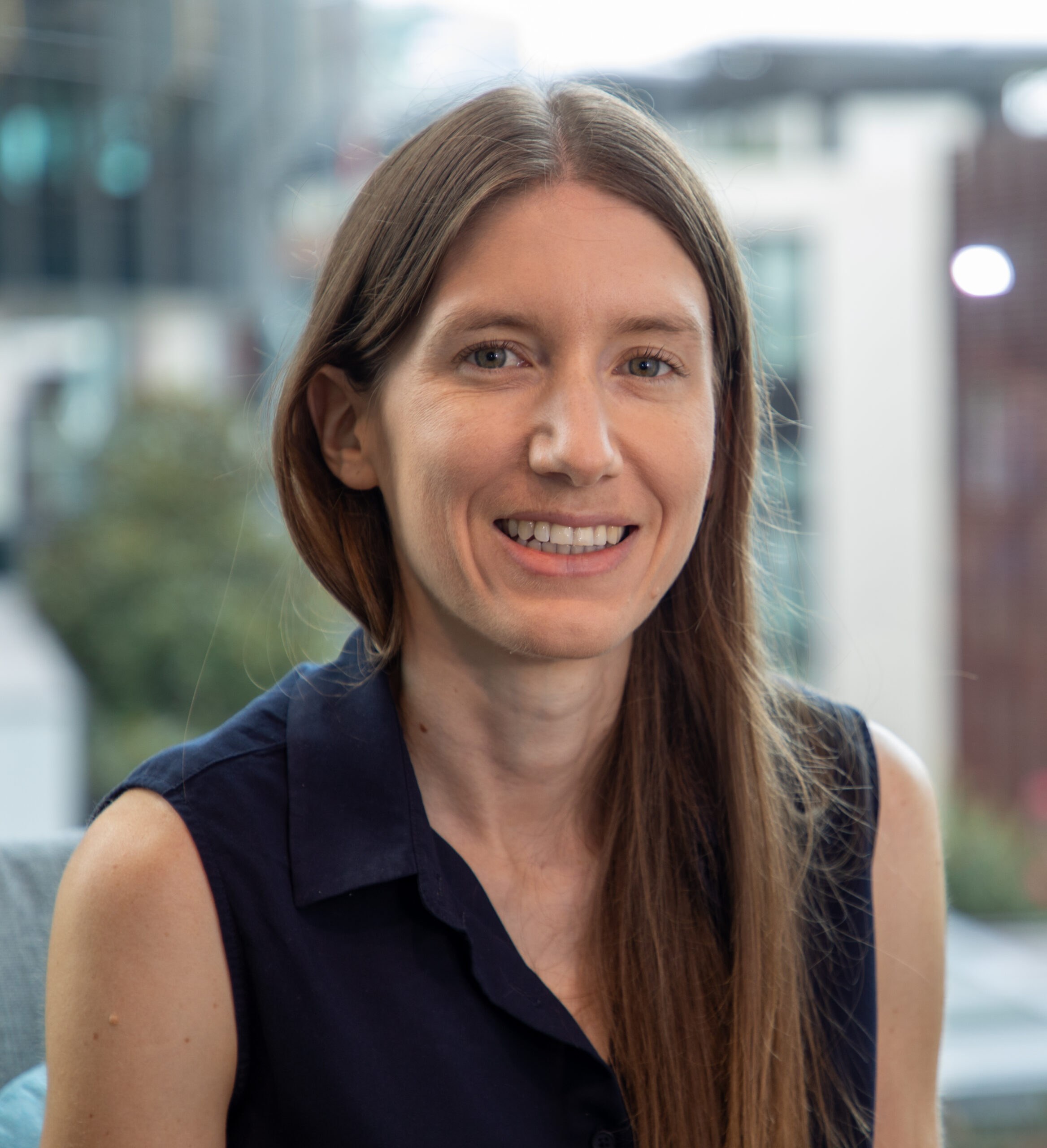
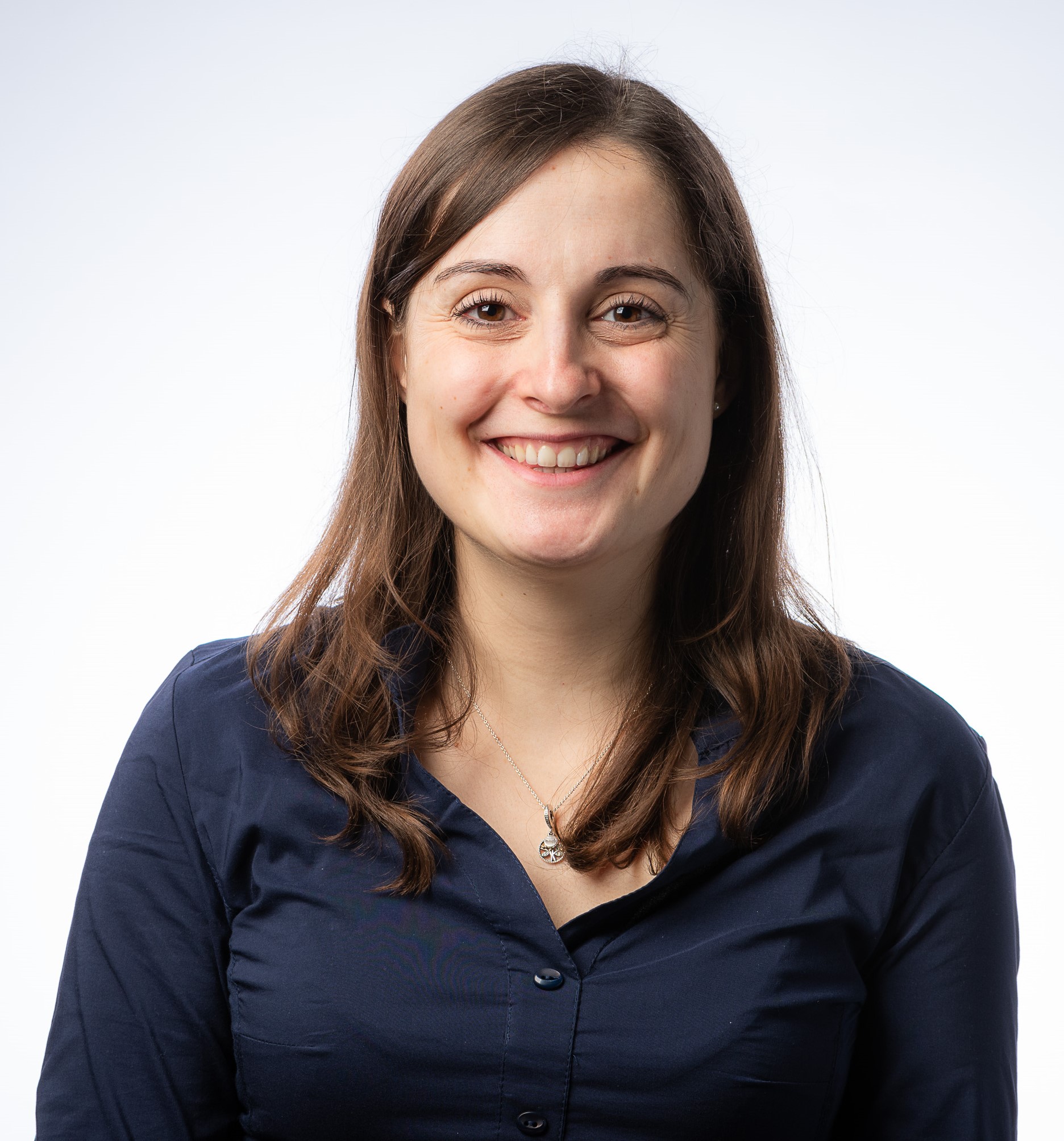
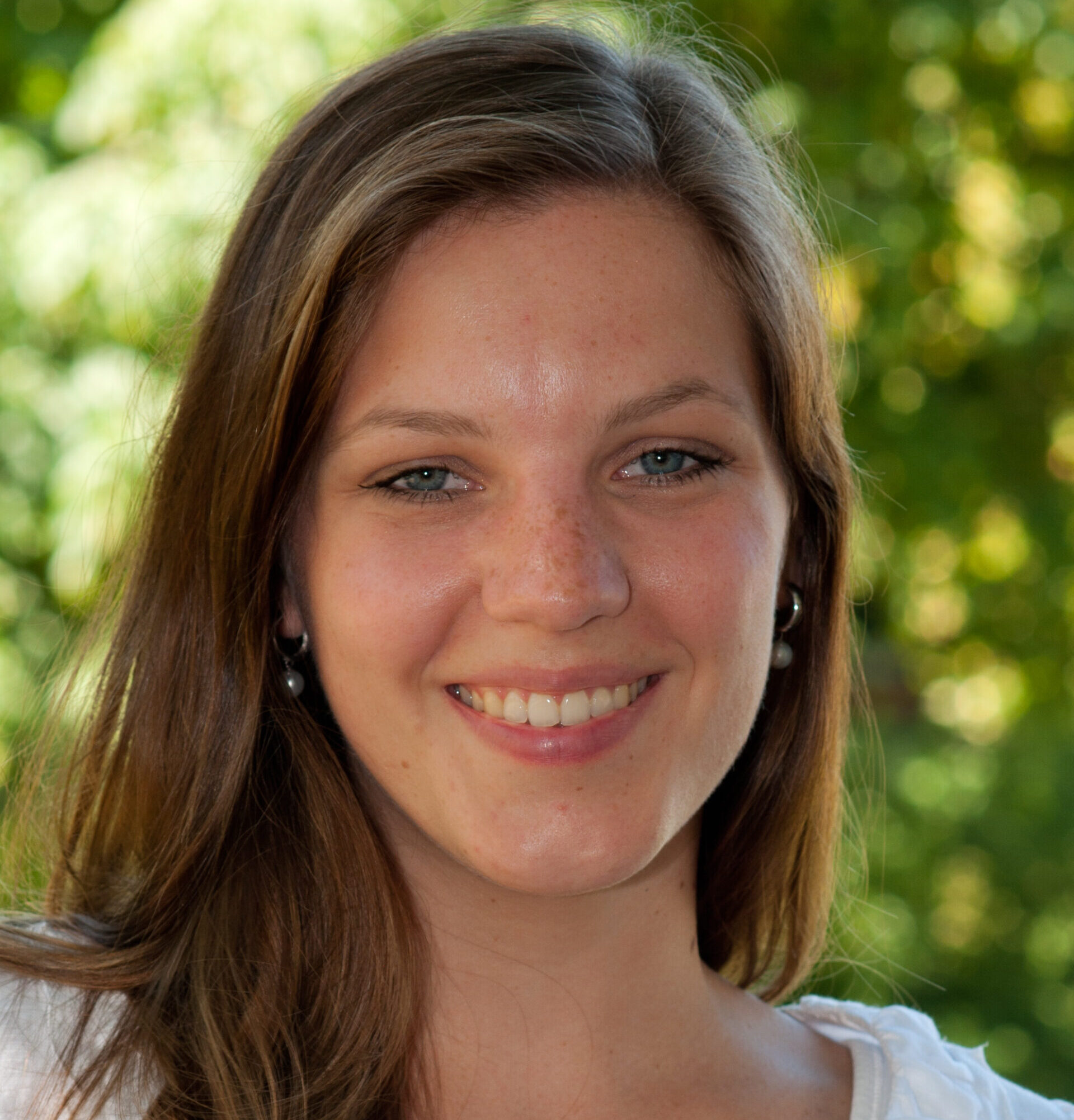
Recent Comments